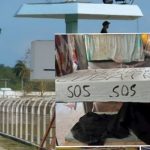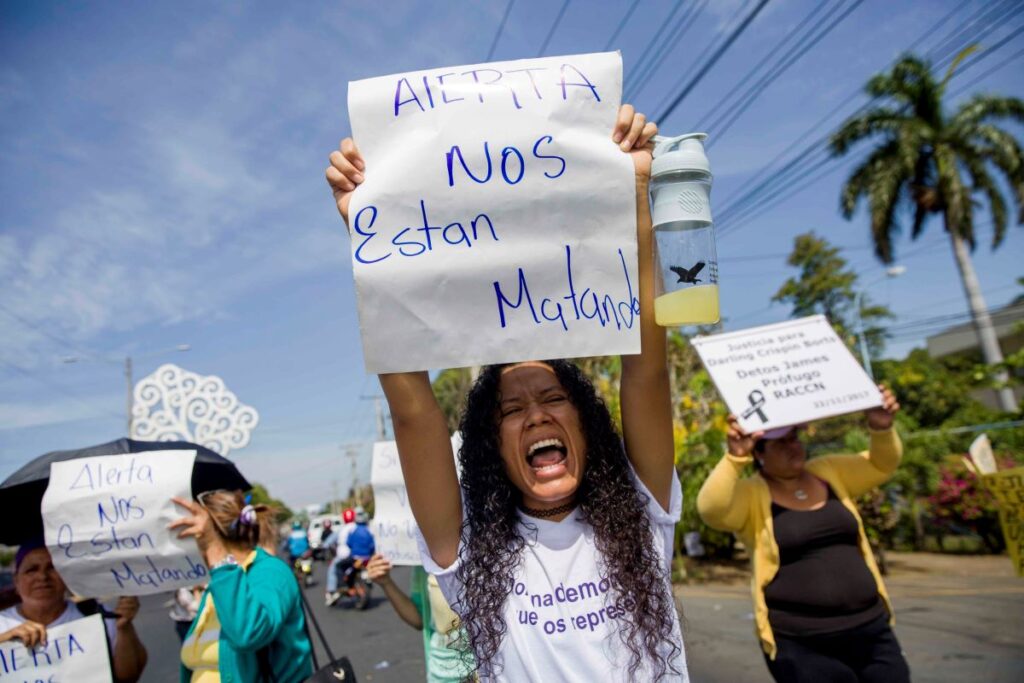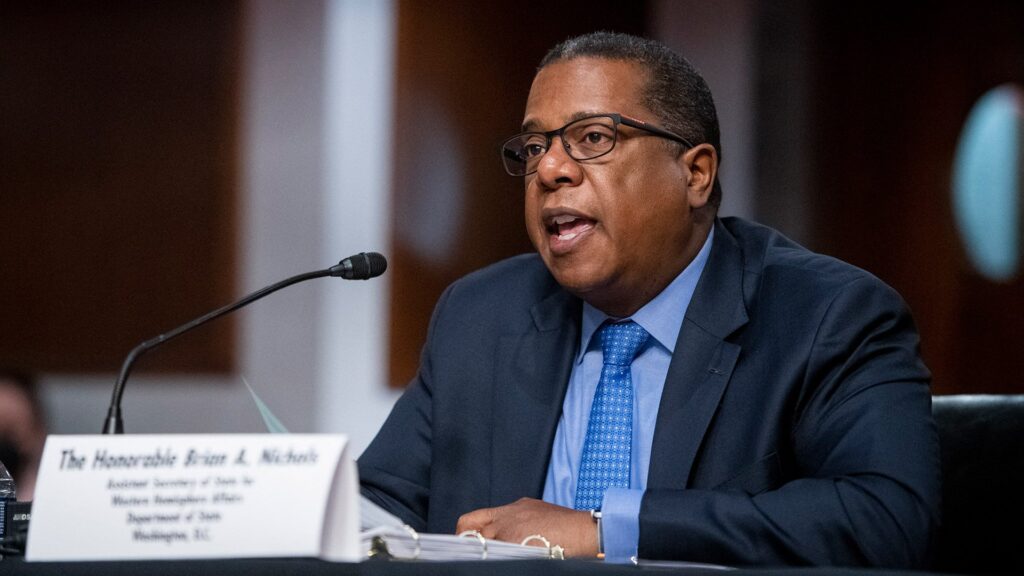Angeles Cruz Martinez
Newspaper La Jornada
Thursday, May 12, 2022, p. 13
In the health institutes, federal and highly specialized hospitals there are, for the first time in their history, pharmacies where patients will fill their prescriptions. It was hard work because these spaces were not on the radar of hospitals
but they are necessary now that the drugs will be free.
Hospitalization services, clinical trials, surgeries, devices are no longer paid for by patients. Medicines are missing, said Gustavo Reyes Terán, head of the Coordinating Commission of the National Institutes of Health and High Specialty Hospitals.
In addition, as of this year and in order to improve administrative efficiency, the medical and hospital units attached to this body have directly allocated and labeled in their budgets, the resources to ensure that patients receive free care from their diseases.
He highlighted the work carried out by several national institutes, such as the Salvador Zubirán Institute of Medical Sciences and Nutrition, the Institute of Respiratory Diseases, Cancerology, and Cardiology to comply with the gratuity.
He insisted that in some others it has been slower and the failures identified as unfinished works, among others, in the Perinatology and Pediatrics institutes -the latter stopped since 2015- the causes for which they have not been concluded are unknown, but responsibilities must be investigated and delimited
the official pointed out.
In addition, he stressed that there is an investment plan so that in this six-year period the pending works in these and other hospitals are completed.
The main objective is to guarantee that people without access to social security receive free care and drugs for the care of their ailments, including the most complex ones that require highly specialized services.
Reyes Terán commented that the actions aimed at achieving gratuity have been explained to the directors and he himself meets with assigned doctors and residents in order to avoid confusion about budget availability.
Regarding the pharmacies within institutes, federal and regional hospitals of high specialty, the official recalled that in some places there were establishments where relatives paid for medicines, devices and healing material that their hospitalized patients required.
The new areas are for outpatients, those who go to a consultation and leave with a prescription that, before, were filled in private businesses. With the gratuity, once the installation of the pharmacies is completed and the medicines purchased by the Health Institute for Welfare and the United Nations Office for Project Services arrive, the patients will receive them in the hospitals at no cost.

















